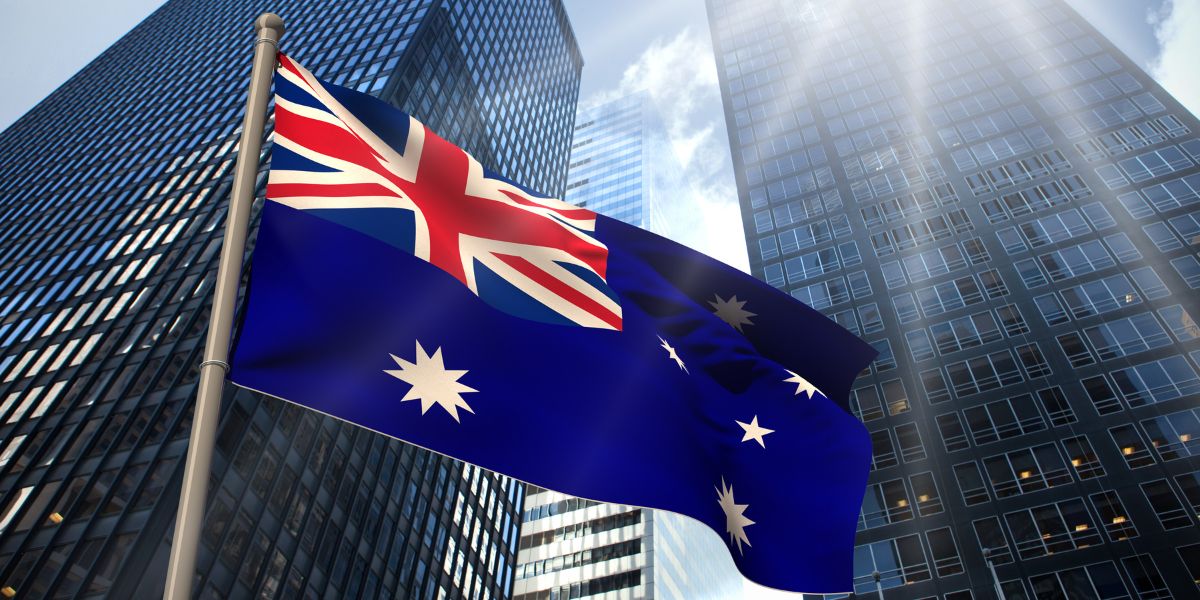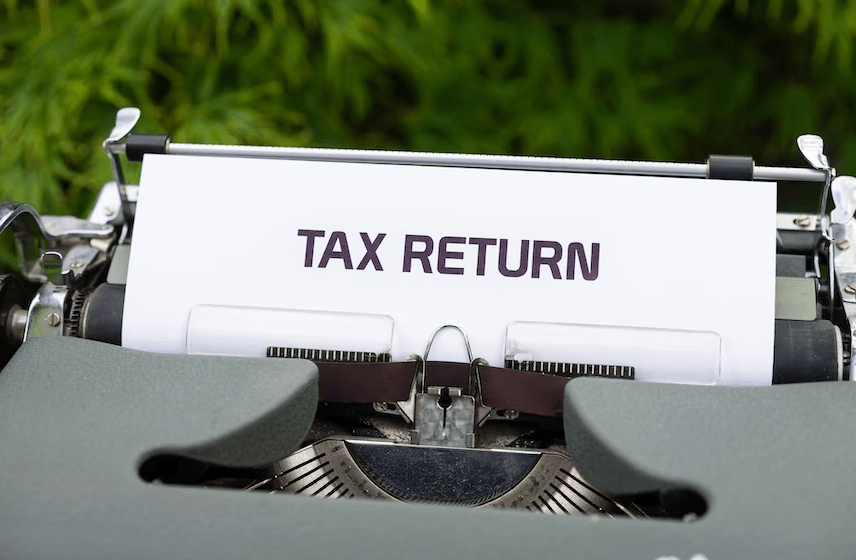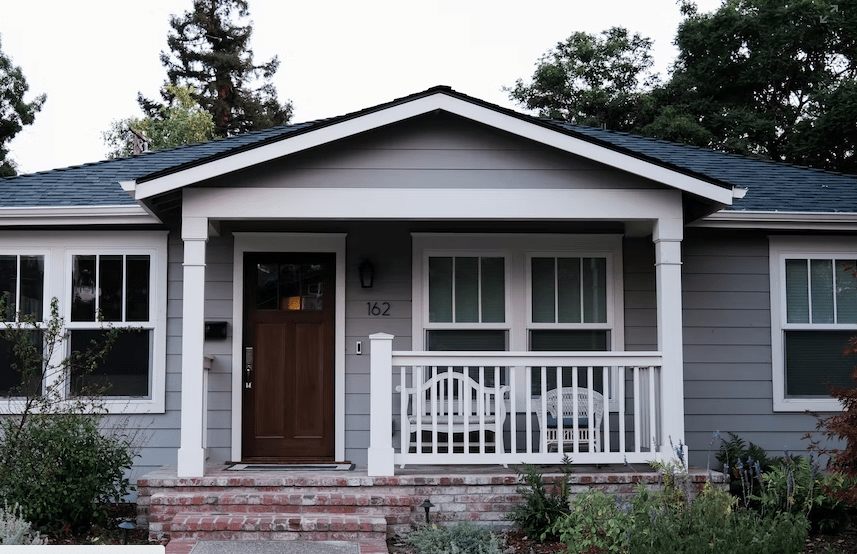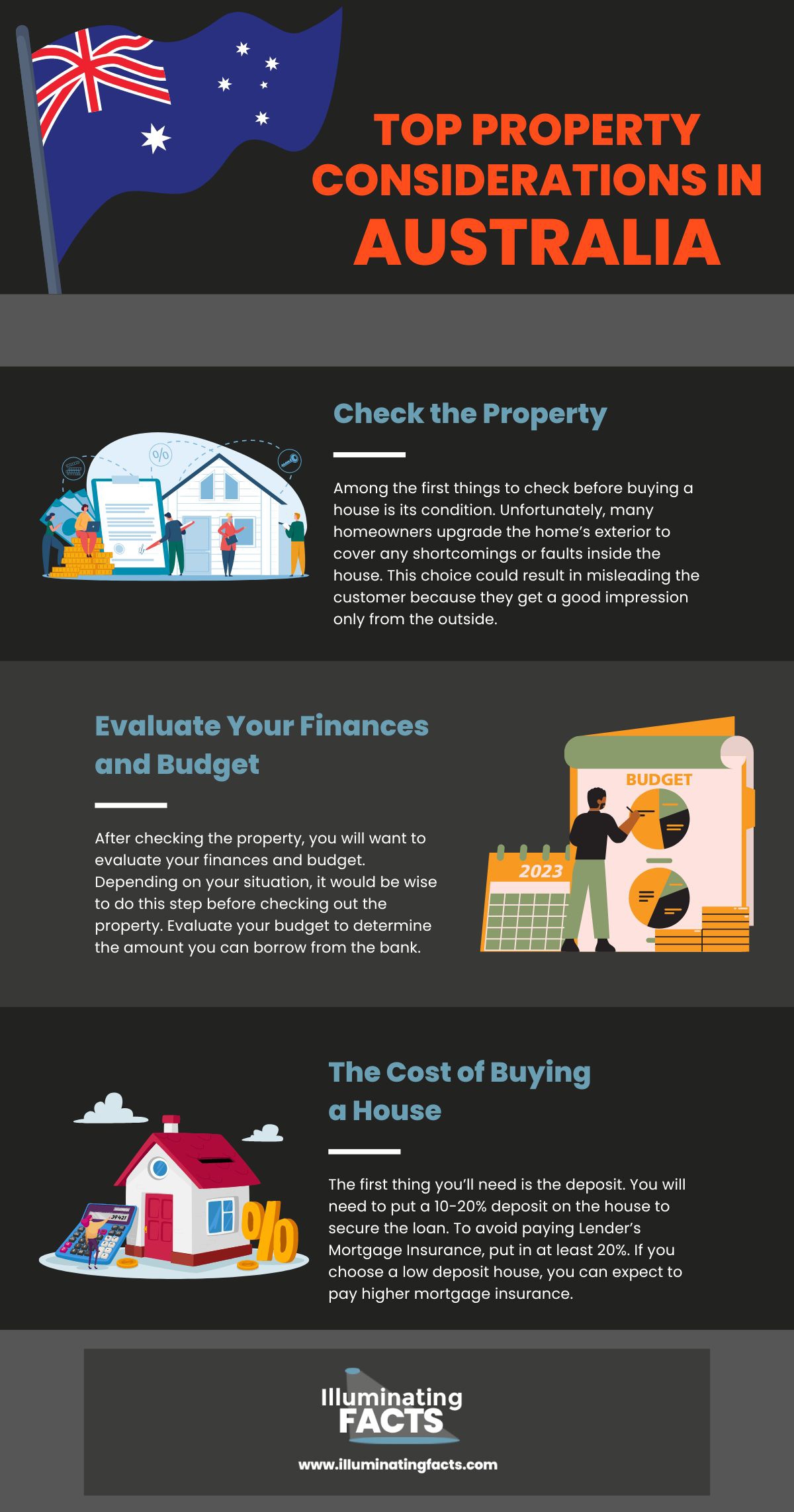Table of Contents
While many people apply to live in Australia via student visa, hardly anyone solely depends on their guardians for money. The Australian culture demands every eligible adult get a job as soon as possible. Since Australians don’t look down on any profession, many young students work as delivery guys or servers to save money.
Once you have landed safely in Australia, you first want to look for a job if you need to secure one. But before even thinking about work, other matters should be dealt with first, and they are as follows:
Australian Tax System
As an outsider, it is crucial to get familiar with the tax system that works around Australia. Not only is it the first thing to file after landing, but it also affects a person’s overall stay in Australia. For example, a financial year in Australia starts from 1st July of the current year and ends on 30th June next year. Therefore, all the income made in Australian territory holds an amount of tax on it that the filer must pay.
1. Tax Filing Number (TFN)
Everyone has to pay taxes on the earnings made while in Australia. A Tax Filing Number (TFN) is not mandatory, but students are advised to do so. By not supplying a TFN, your employer is entitled to a percentage of your income, no matter how much you make. You can file for a Tax Number online, but you cannot file from outside Australia. It takes about 20 minutes online, and you will get your TFN for future use.
A TFN is unique to you only. It will not be affected even if you change your name, residence, or job, your records with the authorities will not be affected. It is integral to your identity during your stay in Australia. Without a TFN, you will not be able to apply for government benefits, lodge your tax return, and get an Australian Business Number (ABN)[i].
2. Australian Income Tax
Although tax rates can be revised every year, the general pattern remains the same throughout a financial year. For the latest revisions, it is best to keep yourself updated with the official websites.
Following are the income tax rates for the financial year 2020-2021[ii]:
| Income thresholds | Rate | Tax payable on this income |
| $0 – $18,200 | 0% | Nil |
| $18,201 – $45,000 | 19% | 19c for each $1 over $18,200 |
| $45,001 – $120,000 | 32.5% | $5,092 plus 32.5c for each $1 over $45,000 |
| $120,001 – $180,000 | 37% | $29,467 plus 37c for each $1 over $120,000 |
| $180,001 and over | 45% | $51,667 plus 45c for each $1 over $180,000 |
People in Australia with a 417 visa (working holiday) or a 462 visa (work and holiday) have different rates for income tax for their earnings:
| Taxable income | Tax on this income |
| 0 – $45,000 | 15% |
| $45,001 – $120,000 | $6,750 plus 32.5 cents for each $1 over $45,000 |
| $120,001 – $180,000 | $31,125 plus 37 cents for each $1 over $120,000 |
| $180,001 and over | $53,325 plus 45 cents for each $1 over $180,000 |
3. Assessable Income
How to know what kind of job gets you liable for paying taxes? Assessable income is the source of your earnings within a financial year. While the Australian government provides deductions in many aspects, most income sources are bound to hold tax. The above table shows that an income of $18,200 is not taxed, but any amount above this comes under tax laws.
Following are the incomes that are considered assessable under Australian authorities[iii]:
- Salaries and wages from your job as per the tax rates. Also, bonuses, commissions, and any other work-related insurance scheme that the employee receives.
- Allowances received from the employer for car, traveling, meals, work conditions, etc.
- Other income like tips, awards, and discounts from your employee.
4. Property Tax
Each state of Australia has a different rate for property tax except for Northern Territory that has no land tax. Property tax can be applied to your residential or business property; these depend on the value of your property and the location. Tax rates are used for public services like councils, parks, roads, trees plantation, etc.
If a piece of land is your primary residency, you will not have to pay tax for it. But if you move out and decide to rent the land, the same land will hold tax rates according to the laws of your area. That is why it is vital to know the entitlements that come with buying and renting a property.
Accommodation
There are varying trends among people when it comes to staying in a foreign country. For students, there are plenty of options from which to choose. They can opt for hostel facilities provided by the institute or search for a place.
1. Homestay
The concept of Homestay is not unique to Australia only. Many countries offer such facilities to international students. Homestay involves a local family who is willing to let a student stay in their house. The stay can be temporary or long-term, depending on the kind of agreement that both parties have.
The students receive a furnished room, proper meals, basic utilities, and a warm welcome from their host[iv]. The most significant benefit of Homestay is that you will get to know about Australia quickly because of your local hosts. You will also learn to enjoy a different culture and be a part of their family. It is an excellent way to overcome homesickness until you can live independently, away from your family.
Homestay can cost you anywhere from $250 to $350 a week, depending on the kind of facilities and the room you get. While Homestay is a much cheaper option, the only downside is that you may not like your host’s way of life. Students get trouble accepting the food they are served by their hosts if there is a significant cultural difference.
2. Student Apartments
Most universities have a whole compound of buildings dedicated just for students. A minimum of two students share these apartments with a shared kitchen and other utilities. Sometimes up to 5 students can live in an apartment as well. Since the apartments are associated with the institute, the weekly cost of the apartment covers the utility bills as well. Shared apartments are more affordable for students as they can share the total cost among themselves. The minimum cost of an apartment can be $200 per week, and in some cases, the cost can be as high as $500.
The only problem with shared apartments is the lack of privacy. You will have to share bathrooms, a kitchen, and your room with other students. While living with your friends can be fun, living with total strangers can be troubling as they can have all sorts of bad habits. Nonetheless, student apartments remain a common choice among foreign and local students.
3. Residential College
Popular among international students is a hostel, a residential college similar to the universal concept associated with an institute. It is a facility close to the institute and provides almost all basic facilities to the students. It includes a fully furnished room, per week cleaning, Wi-Fi, and access to the on-campus library.
Students desiring to concentrate on their studies without disturbance should choose to live in a residential college. However, they can get a bit costly compared to other options – $200 to $750 a week. Also, you may have to pay for any additional expenses like tuition and meals during your stay.
Options are slightly different for people who are not students but have moved to Australia for an extended stay. They may get into the never-ending debate of buying or renting a house, but it is advised to keep tabs on the property dealers of their area as each city has its own price range.
Prices have skyrocketed in cities because there are very few spots left for newer houses. Cities like Sydney, Brisbane, Melbourne, Hobart, Canberra, and Adelaide have shown growing housing prices. Areas around the cities have not been as developed, which means the countryside is expected to be the next option for buyers in Australia. It also seems many working men and women are comfortable in having one-bed or two-bed apartments. Since the demand for apartments has increased, the need for single-family housing has decreased.
Rental prices have also increased in the city centers. Although these changes have not been as significant as property price increments, they indicate a demand for rental housing increases each day. In February 2020 in Melbourne, a 4.7% incremental change was recorded, while other cities did not have such active increases.
Top Property Considerations in Australia
1. Check the Property
Among the first things to check before buying a house is its condition. Unfortunately, many homeowners upgrade the home’s exterior to cover any shortcomings or faults inside the house. This choice could result in misleading the customer because they get a good impression only from the outside. Be sure to inspect the house closely or hire a professional team to inspect it.
If you are doing the inspection, check the electrical and plumbing systems to ensure the wiring is right and there aren’t water leaks. Next, inspect the condition of the roof. Fixing a leaking roof can be pretty expensive. Take your time inspecting it. Check the house’s frame and look for cracks that might indicate there is a foundation issue. After inspecting the roof and foundation, check the inside for any cracks or leaks on the walls. You will also want to check any included fences or electronics.
2. Evaluate Your Finances and Budget
After checking the property, you will want to evaluate your finances and budget. Depending on your situation, it would be wise to do this step before checking out the property. Evaluate your budget to determine the amount you can borrow from the bank. Since a mortgage is a huge responsibility, it is wise not to take it lightly. Therefore, evaluate your standing before making a final decision.
Get in touch with an accountant to assist with your budget evaluation. Make sure that you clear any debts you can, and you don’t have bad credit. If you do have bad credit, you might want to wait to purchase a house. Banks do not lend money if you have a bad credit score or other loans to pay. You will need to pay them off before trying to purchase a house.
3. The Cost of Buying a House
After evaluating your finances and budget, and they are in order, contact a financial advisor. They will share the details of costs associated with the house.
The first thing you’ll need is the deposit. You will need to put a 10-20% deposit on the house to secure the loan. To avoid paying Lender’s Mortgage Insurance, put in at least 20%. If you choose a low deposit house, you can expect to pay higher mortgage insurance. You will also have to go through more steps.
Next, you’ll want to consider the stamp duty. How much you have to pay for the stamp duty depends on where you live and the property’s value. Legal and conveyancing fees are also needed. You may want to keep $1000-$3000 set aside for this purpose.
Finance and insurance costs are also needed. If you borrow 80% more than the purchase price, you will need to pay LMI to protect the lender if you do not make payments. This process involves a valuation and mortgage application which could cost around $1000.
Is the Property Near Important Facilities?
Do some research about the area to see if it is close to important facilities when buying a house. When buying on impulse and getting a good price on a home, people often make this first mistake. Since the price is good, they may not think about factors that may affect the resale value in the future or the ease of living there.
The property should be near convenience stores and schools. If there isn’t a school nearby, there should at least be a school bus stop to take children to school or a playground nearby for you and your children to enjoy spending time.
Australia, along with other countries, has easy financing options for first-time homebuyers. The program, First Home Owners Grant, assists new homeowners to pay for their first home with easy installments and low-interest rates. The specific “First home loan” is used with the Bank of Queensland. Because of this program, many people can afford a home and have peace of mind.
Economist Paul Ryan reports that there are some interest rates with very low mortgages for homes. These rates are often less than renting an apartment. Because of this, people can save quite a bit of money by purchasing rather than renting. The reserve bank of Australia hopes to keep interest rates low until 2024. They may change after this due to new financial requirements in the country. Until then, it is the perfect time to buy instead of rent.
People should consider taxation policies in Australia before deciding to buy a house. There are two tax types: Land Tax and Council Rates. Both tax rates are costs to consider before buying a house. Land tax is payable on the property’s value, while Council Rates are subject to change but are currently about $1300 per annum.
Renting a Property
Renting a place to live depends on the city in which you are staying. Cities like Sydney are more expensive than Melbourne, but they also have more job opportunities to offer. A small apartment in the suburbs can often cost more than what a person earns in a week. A one-room apartment on the western side of Sydney could cost more than $250 a week. If you want a place near the Central Business District (CBD) or a beach, you can expect to pay more.
In some areas of Australia, rent is less than the average mortgage price. If you work in cities such as Hobart or Perth, you may be able to find rental accommodations for about $400 a week. In addition, not considering the refundable security, there aren’t other significant costs to be incurred which would be the case when buying an asset.
Many people prefer the flexibility that renting allows. Moving to another area can be a huge undertaking when you own a house. You need first to sell your current property before you can move to a new location. A person who is renting doesn’t have this restriction. This flexibility is a primary reason why there is more of a demand for rented accommodations.
Australian property owners have to pay a considerable amount in taxes to local councils, but renters aren’t bound in this way. You can avoid a lot of legal formalities if you rent accommodations. Simple rental agreements are generally enough.
While buying a house is not a piece of cake, renting can be challenging too. You will have to get involved with several landlords and property dealers to get a nice deal. Rentals are also popular among students and single people. Most often, someone rents out a house and gathers other people to stay with them. In this way, the rent and additional mutual costs are divided.
For a family that has just moved to Australia, it is a whole different matter. Your expenses will go incredibly high because you will have to buy furniture and other everyday things for your rental. So even if you go for buying a house, you will still have to spend vast sums of money on these things.
One advantage of buying a house is that the monthly payments are added to your asset. You are paying money to own your property. You don’t have that benefit when paying rent. After making $2000 rental payments per month over two years, you would not have saved any money, and your property is not secured. When you add possible issues with a landlord, renting may not be your best option as it can be quite a handful.
Work-Life
Like many aspects of staying in Australia, job searches and work-life also depend on the city of your choice. Every city specializes in some fields, and it would be better if you know about them firsthand. As mentioned earlier, you can apply for jobs from outside Australia as well.
Most people find jobs beforehand rather than having difficulties after arriving in Australia. Nonetheless, there is a reason that attracts so many people worldwide to shift to The Land Down Under.
Here is a rough breakdown of fields that each capital city of Australia specializes in[v]:
- Sydney NSW (Pop 5 million) – Education, Finance, IT, Law, Telecommunications
- Melbourne VIC (Pop 4.7 million) – Arts, Biotech, Education, Healthcare, Media
- Brisbane QLD (Pop 2.3 million) – Education, Energy & Resources, Tourism
- Perth WA (Pop 2 million) – Construction, Education, Energy & Resources
- Adelaide SA (Pop 1.3 million) – Healthcare, Government
- Canberra ACT (Pop 400,00) – Government, IT
- Hobart TAS (Pop 225,000) – Education, Healthcare, Government
- Darwin NT (Pop 145,000) – Government, Transportation
Once you have established a home base, keep an eye on the industrial sector around you. It is best to find accommodation near your workplace, but you can always re-locate if you find a decent job in another area. Metropolitan cities like Sydney have a cluster of companies that are almost always in need of recruits. If you are confident about your skill sets, getting a job will not be a big thing for you.
The minimum hourly wages in Australia are $19.84, excluding tax[vi]. For different jobs and cities, the rate can differ drastically. Compared to the wages offered in other major cities of the world, you could get 2.5 times more in Sydney. Australian government offers usual perks and benefits to its employees throughout the country. These include elaborate pension plans, paid leaves (maternity/paternity), sick leaves, childcare, transport, and education if necessary for the job in question[vii].
[i] “Tax file number.” Retrieved from https://www.ato.gov.au/individuals/tax-file-number/
[ii] “Individual income tax rates.” Retrieved from https://www.ato.gov.au/rates/individual-income-tax-rates/
[iii] Barbara Drury (October 9, 2020), “Income tax: Australian tax brackets and rates (2020-21 and 2021-22).” Retrieved from https://www.superguide.com.au/how-super-works/income-tax-rates-brackets#2
[iv] “Top 10 Student Accommodations in Australia.” Retrieved from https://www.ozstudies.com/studying-in-australia/living-in-australia/student-accommodation-housing-options-in-australia
[v] “How to Find a Job in Australia: Top Tips for Job Seekers.” Retrieved from https://www.applydirect.com.au/Blog/how-to-find-a-job-in-australia
[vi] “Minimum Wages.” Retrieved from https://www.fairwork.gov.au/tools-and-resources/fact-sheets/minimum-workplace-entitlements/minimum-wages
[vii] “Australia.” Retrieved from https://www.asinta.com/countries/employee-benefits-in-australia/





